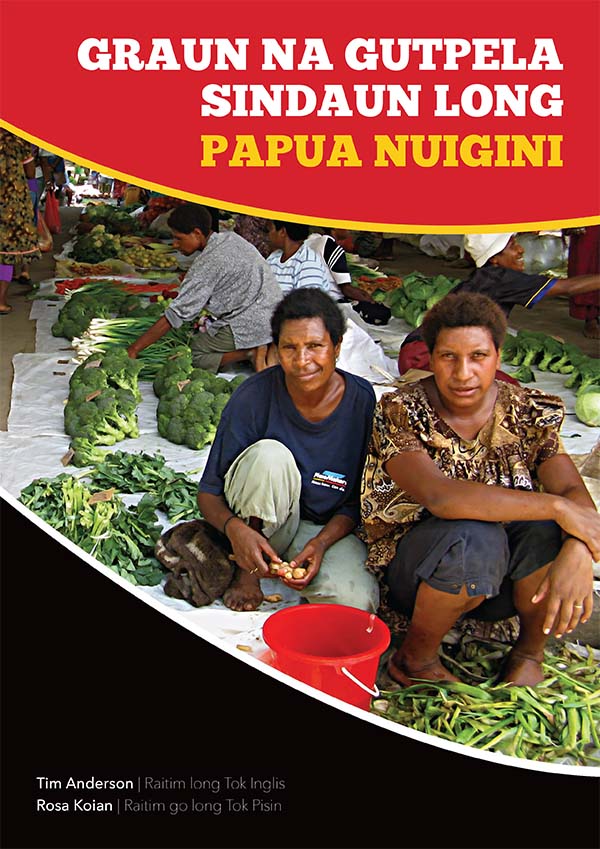In Papua New Guinea powerful interests have their eyes on land. At stake are the livelihoods of most of the country’s seven million people, mostly in rural areas. This book argues that notions of ‘economy’ and ‘development’ have no meaning without a broad and inclusive focus on their livelihoods. It takes apart ‘modernist’ myths, such as the claim that large scale monocultures are more productive than small farming, and that customary land must be registered or ‘mobilised’ to provide real benefits.
Combining existing evidence with original studies it charts the economic options for rural families, suggesting their best way forward is by maintaining customary land as the basis for rich hybrid livelihoods.
Thanks to Rosa Koian for translation, Allan Mogerema for final editing and special thanks to The Christianson Fund for their funding support.


